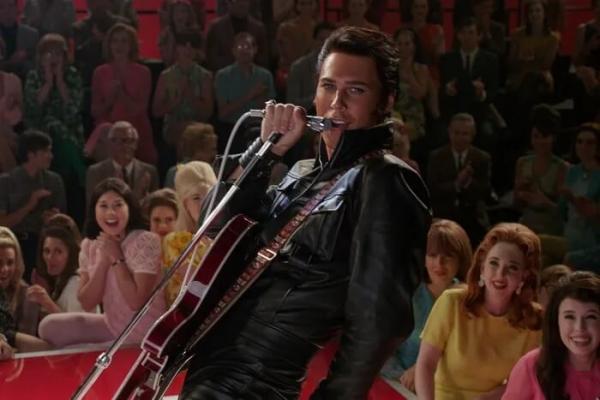Jul 7, 2022
Above all else, Luhrmann displays Elvis as a man-turned-god who was exhausted trying to make peace with his paradoxes.
Read the Full Article

Already a subscriber? Login

Above all else, Luhrmann displays Elvis as a man-turned-god who was exhausted trying to make peace with his paradoxes.
